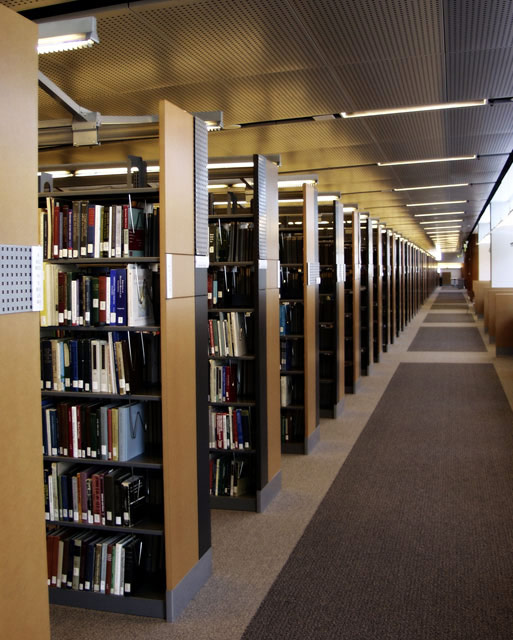Growing up With Books Boosts Child's Education Attainment

Get the world’s most fascinating discoveries delivered straight to your inbox.
You are now subscribed
Your newsletter sign-up was successful
Want to add more newsletters?

Delivered Daily
Daily Newsletter
Sign up for the latest discoveries, groundbreaking research and fascinating breakthroughs that impact you and the wider world direct to your inbox.

Once a week
Life's Little Mysteries
Feed your curiosity with an exclusive mystery every week, solved with science and delivered direct to your inbox before it's seen anywhere else.

Once a week
How It Works
Sign up to our free science & technology newsletter for your weekly fix of fascinating articles, quick quizzes, amazing images, and more

Delivered daily
Space.com Newsletter
Breaking space news, the latest updates on rocket launches, skywatching events and more!

Once a month
Watch This Space
Sign up to our monthly entertainment newsletter to keep up with all our coverage of the latest sci-fi and space movies, tv shows, games and books.

Once a week
Night Sky This Week
Discover this week's must-see night sky events, moon phases, and stunning astrophotos. Sign up for our skywatching newsletter and explore the universe with us!
Join the club
Get full access to premium articles, exclusive features and a growing list of member rewards.
Children who grow up in households where books are plentiful go further in school than those without books, a new study finds.
This book benefit was seen across countries, and held regardless of the parent's educational background, the country's Gross Domestic Product, father's occupation or the political system of the country, the researchers say.
The results, based on data from 73,249 people living in 27 countries, including the United States, show that having a 500-book library boosted a child's education by 3.2 years on average.
"You get a lot of 'bang for your book,'" said study researcher Mariah Evans, a sociologist at the University of Nevada, Reno. "It's quite a good return-on-investment in a time of scarce resources."
For instance, a child born into a family that had only 1 book but was otherwise average in parents' education, father's occupation, GDP, and similar variables, would expect to get 9.4 years of education themselves. Another person from an otherwise identical family with 500 books would expect to get 12.6 years of education (a senior in high school has 12 years of education), the results showed.
For years, educators have thought the strongest predictor of attaining high levels of education was having parents who were highly educated. But according to the findings, a good-sized book library is just as good as university-educated parents in terms of increasing education level.
"Even a little bit goes a long way," in terms of the number of books in a home, Evans said. Having as few as 20 books in the home still has a significant impact on propelling a child to a higher level of education, and the more books add, the greater the benefit.
Get the world’s most fascinating discoveries delivered straight to your inbox.
In some countries, such as China, having 500 or more books in the home propels children 6.6 years further in their education. In the United States, the effect is less, 2.4 years. But, Evans points out that 2.4 years is still a significant advantage in terms of educational attainment.
For example, according to the U.S. Census Bureau's American Community Survey, Americans who have some college or an associate's degree, but not a bachelor's degree, earn an average of $7,213 more annually than those with just a high school education. Those who attain a bachelor's degree earn $21,185 more each year, on average, than those with just high school diplomas.
Having books in the home is twice as important as the father's education level, and more important than whether a child was reared in China or the United States.
The results are published online in the journal Research in Social Stratification and Mobility.
- Top 10 Ways to Keep Your Mind Sharp
- Top 10 Worst Hereditary Conditions
- Watching TV at Age 2 Linked to a Host of Problems at Age 10
 Live Science Plus
Live Science Plus











